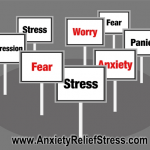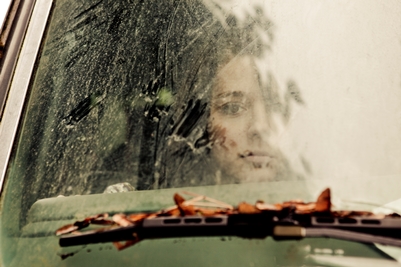What Can You Do To Help Your Child Overcome Anxiety?
Many children, as they go through the transition from childhood to adolescence, experience social anxiety problems. Some of them may not want to go out and mingle with other teenagers. Some would not want to participate in activities that they had taking part in as younger children. If you find your child in this fix, you should give encouragement, but not force them to socialize.
Forcing a child into something that she is not up to doing, or castigating them for their behavior could only make things worse. You should remember that social anxiety is a natural part of this stage of transition in your child’s life, and therefore, you should try to understand, instead of admonishing them. The best thing to do is to let your child know that you are there to help them go through this difficult stage.
There are also anxiety free child programs worth investigating, especially as they are cheaper than one visit to a therapist, or supplements to ease their anxiousness and nervousness, to treat anxiety in children naturally.
Help Them Overcome Social Anxiety and Gain Confidence
Often, social anxiety comes from feelings of insecurity and lack of confidence. They may be overly conscious of their appearance, or afraid that they may not fit in, or unwilling to risk being disapproved by their peers. So try to build their self-confidence. Reassure Them that the world is, after all, not unkind. It may also help to make them realize that other children are experiencing the same thing.
Instead of pointing out their shortcomings, try to praise them for their qualities or maybe direct their attention towards interests that would draw them away from their insecurities. Spend time with them and be a friend. Then they will learn to regain their confidence in less threatening company, which is you and the family.
Gradually, as they overcome social anxiety, you can draw them out little by little, encouraging them to talk about their feelings and come to terms with their social insecurities. Then you can ease them into social situations outside the home where they will be in the company of people they comfortable with (like her cousins or childhood neighbors), and later into the bigger social circle of friends and classmates.
Do not tell them what her problem is, or that they have an anxiety disorder, offer them solutions. Let them express their feelings and discover their talents and positive points. This learning and discovery will eventually give them the courage and confidence to face the world and overcome social anxiety.




















Speak Your Mind